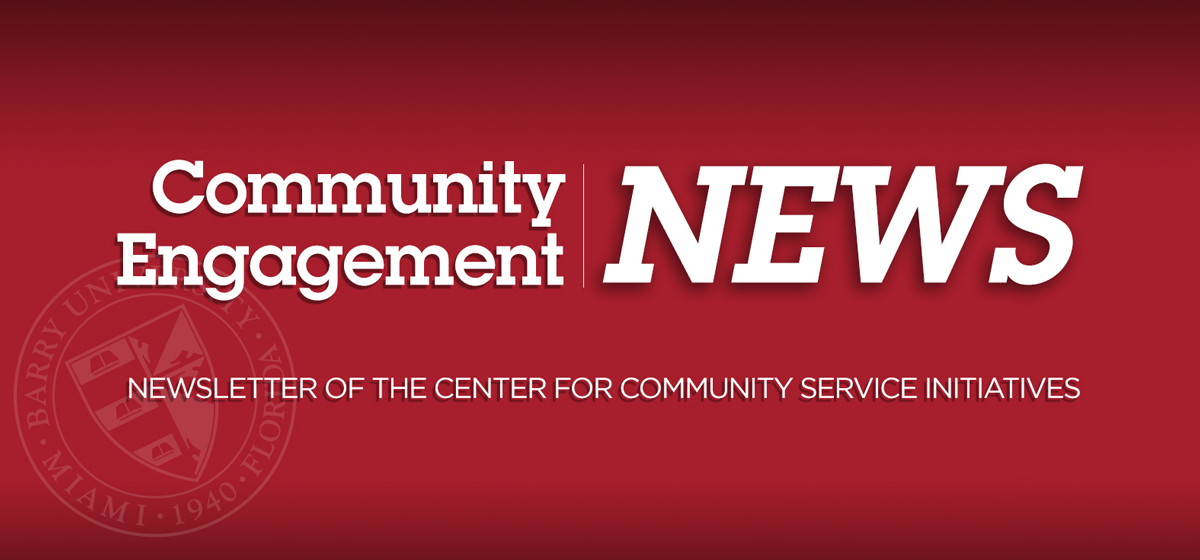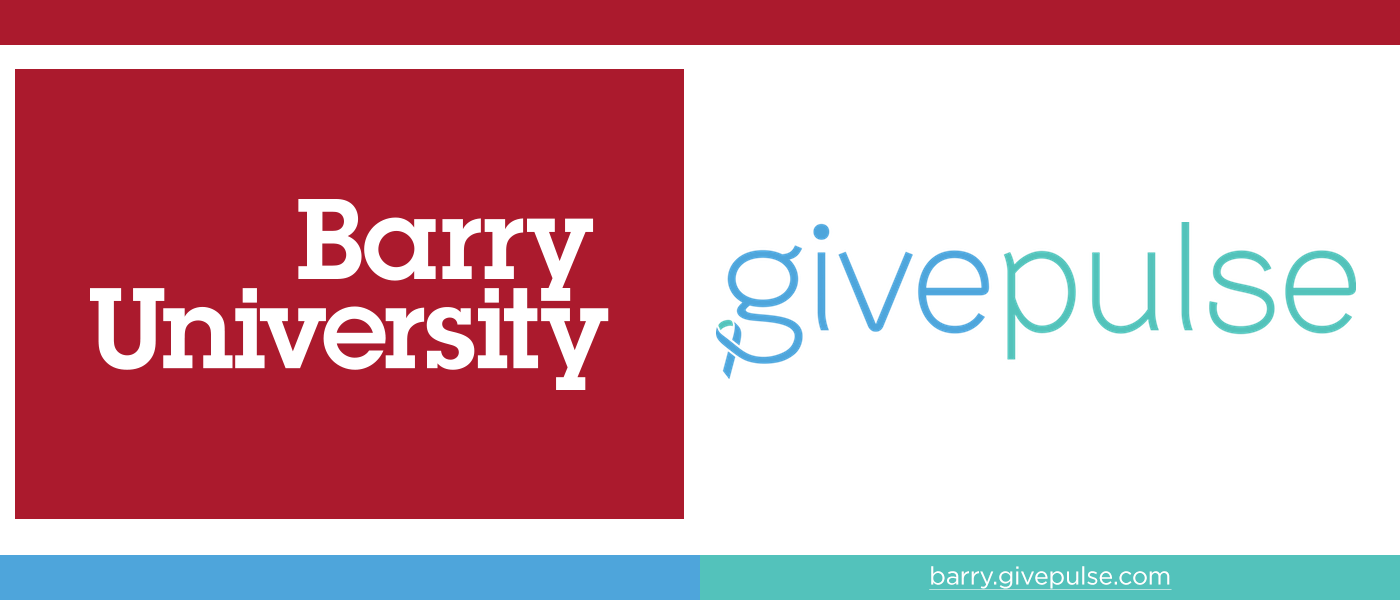August 23, 2021
IN THIS ISSUE
- Variety of Events and Activities on 2021–2022 Community Engagement Calendar
- ‘High Level of Support’ Available to Faculty Teaching Service-Learning Courses
- Faculty Members Invited to Submit Proposals for Community-Based Research Incentive
- Twenty-five Students Selected for New Cohort of Barry Service Corps Fellows
- Federal Work-Study Community Service Placements Available to Eligible Students
Variety of Events and Activities on 2021–2022 Community Engagement Calendar
Alternative Spring Break Will Be A ‘Journey For Racial Justice’


The eighth annual Community Engagement Symposium and the ninth annual Community Engagement Awards will be held on the last Wednesday of March.
A variety of events and projects are on the 2021–2022 community engagement calendar. From the traditional days of service to the new community–academic partnership workshop, the community engagement calendar is chockfull of major events and related activities.
On the calendar are five days of service, four public forums in the Deliberative Dialogue Series, the eighth annual Community Engagement Symposium, and the ninth annual Community Engagement Awards. A workshop for community partners will replace the Community Engagement Fair.
Both premier events, the Community Engagement Symposium and the Community Engagement Awards will be held on March 30. The symposium will feature a nationally recognized community engagement scholar–practitioner as the keynote presenter, and the annual Student Poster Competition will be a highlight.
The purpose of the Community Engagement Awards is to publicly recognize students, faculty, staff, departments, and community partners for their participation, contributions, and achievements in various areas of community engagement. An early call for nominations will be issued in September.




Five days of service, including Food Security Day in October, are on the community engagement calendar. Students, faculty, and staff members are expected to volunteer for projects planned for each day.
The days of service are International Coastal Cleanup Day in September; Food Security Day in October; Founders’ Day of Service in November; Martin Luther King, Jr. Day of Service in January; and Sustainability Saturday in April. Students completing the community service requirement of service-learning courses will take part in various projects. Other participants will include student, faculty, and staff volunteers.
Alternative Spring Break is scheduled for March 5–11. “A Journey for Racial Justice,” the immersion trip to Montgomery, Alabama, is being organized under the auspices of the Miami Center for Racial Justice and the Miami-Dade TEAR (Truth, Education, and Reconciliation) Initiative.
“Fostering Resiliency in Times of Uncertainty” is the title of this year’s Deliberative Dialogue Series. Ninety-minute forums will be held on September 23, November 4, February 24, and April 7, beginning at 4 o’clock.
Additionally, as part of the Campus Democracy Project (CDP), there will be a Constitutional Day (September 17) celebration on campus. The CDP Committee will host a presentation and discussion on “Finding Justice in an Unjust World.”
During the spring semester, the CDP Committee will host four forums. Legislative forums are planned for January 26 and March 23 and democracy forums for February 9 and April 12.
The Community Engagement Fair has been taken off the calendar. Information on opportunities for volunteer participation in the work of Barry’s community partners is available through GivePulse.
As a replacement for the Community Engagement Fair, community partners will come to campus for a new event. The Community–Academic Partnership Workshop: A Professional Development Opportunity is slated for October 22.
‘High Level Of Support’ Available To Faculty Teaching Service-Learning Courses

Students will participate remotely in some service-learning projects this semester because of COVID-19. Service-learning and other civic engagement opportunities have been organized in modules.
Faculty members teaching service-learning courses may assign their students to service-learning and civic engagement (SLCE) modules developed by the CCSI. Each module consists of an orientation, community service, and guided reflection.
“As service-learning faculty, you have resources at their fingertips,” the CCSI is reminding course instructors. “And you can expect a high level of support from CCSI staff throughout the academic year.”
The four SLCE modules being offered this semester are Food Security, People Power, Welcoming New Americans, and Youth in Action. The modules address social issues such as food insecurity, gun violence, unaffordable housing, refugee resettlement, and low achievement among community youth.
The orientation component of the SLCE modules provides an introduction to the social issue to be addressed through service-learning. It also introduces students to the community partner (organization) and the community service project.
Community service typically takes the form of direct service at community sites. Students may also implement indirect service in the form of community-based research (see separate story below) or advocacy activities, and students sometimes engage in activism focused on social injustice.
Students will participate remotely in some service-learning projects this semester because of the coronavirus (COVID-19) pandemic.
Resources available from the CCSI include books and journal articles. Sample service-learning syllabi and critical reflection guides are available as well.
Service-Learning Designation
The CCSI is inviting faculty members to apply for the service-learning (SL) designation.

Service-learning is defined as “a teaching and learning strategy that integrates relevant community service with course work and critical reflection to enrich the learning experience, foster social responsibility and civic engagement, and strengthen communities.”
Applications for the designation of courses are reviewed by a faculty committee to determine whether they meet the criteria.
Dr. Dale E. Hartz’s MGT 428-01: Social Innovation and Entrepreneurship was recently approval for the SL designation. A former service-learning faculty fellow, Hartz is an assistant professor of management in the School of Business.
MGT 428-01 examines the nature of social impact innovation and entrepreneurship from the perspective of a startup (for-profit and nonprofit) as well as an established enterprise. Students engage with community clients—entrepreneurs, business owners, nonprofit organizational leaders, and others—and consider management, operations, marketing, and financial implications in the development and implementation of an action research project.
For service-learning support, contact Dr. Heather Johnson-Desiral, experiential learning facilitator, in the CCSI at qep@barry.edu.
Faculty Members Invited To Submit Proposals For Community-Based Research Incentive

The Center for Community Service Initiatives (CCSI) is inviting faculty members to apply for the community-based research (CBR) incentive. The incentive supports the development and implementation of CBR projects.
The CBR incentive is awarded through a competitive process to full-time faculty members who teach undergraduate and/or graduate courses. Up to three CBR awards are usually available each year, with applicants requesting between $500 and $1,000.
CBR is described as “a collaborative process of critical inquiry into problems or issues faced by a community, with research questions emerging from the needs of the community.” Faculty (and sometimes staff) members and students work closely with community partners on applied research projects that address specific problems or issues and simultaneously promote social change.
“The goal of the research is to produce and disseminate information that will benefit the community or agencies serving the community,” the CCSI says in a background document on the CBR Incentive Program. “Through CBR, students learn research design, data collection, data analysis, and reporting,”
The document with a detailed description of the CBR Incentive Program, the application form, and the rubric used by the Review Committee for assessing applications are available from the CCSI. As noted in the document, the assessment of proposals is based on six criteria, three of which relate to community partnerships, student participation, and budget.
CBR proposals will be accepted throughout the fall semester. For further information, visit the CBR webpage or contact Dr. Glenn Bowen in the CCSI at gbowen@barry.edu.
Twenty-Five Students Selected For New Cohort Of Barry Service Corps Fellows
The CCSI has selected 25 students for its new cohort of emerging civic leaders. As Barry Service Corps (BSC) Fellows, the students are expected to excel both civically and academically, as members of previous cohorts did.
Among the students selected are Ricardo Bracho Munoz and Alexis Toussaint, who were in last year’s cohort.
Newcomers include Mylah Alamo, Liz Calvo, Autumn Davis, Diana Noriega, Isabel Pulgarin, Daryle Pyles Jr., Katriel Register, Jenise Smalls, Skylar Smith, Raijah Taltoan, and Diego Torres Ríos.
The other students selected as BSC Fellows are Tennille Crawford, Maria Jose Fernandez Fonseca, Ulises Hernandez III, Emmanuel Ikpuri, Zojeilah King, Ashley Mobley, Ryan Parker, Patrixia Rosario, Maria Stampolkou, Derricha Joseph Taylor, and Samuel Vilmeau.
Last week, the new Barry Service Corps Fellows participated in orientation and training sessions to prepare for their full participation in the civic learning and leadership development program. The four-day training covered such topics as “Approaches to Social Change,” “Cultural Humility, Social Entrepreneurship, and Global Citizenship,” and “Civic Health and Engagement in the Democratic Process.”
Federal Work-Study Community Service Placements Available To Eligible Students

Students who are eligible for Federal Work-Study (FWS) are urged to apply for community service positions. All students participating in FWS Community Service are members of the Barry Service Corps.
The Barry Service Corps is a civic engagement program managed by the CCSI. While gaining valuable work experience, members provide service to the community through nonprofit organizations, educational institutions, and local government agencies.
The CCSI coordinates FWS Community Service in partnership with two departments—Financial Aid and Human Resources.
For further information, contact Brittney Morales, the FWS community service facilitator, at BriMorales@barry.edu.


SOCIAL JUSTICE ROLES: The new Barry Service Corps Fellows have received orientation and training for social justice and civic leadership roles. Learn about the students in next week’s newsletter.
SERVICE-LEARNING FACULTY FELLOWS: Two faculty members have been awarded service-learning fellowships for the 2021–2022 academic year.
DEMOCRACY FELLOW: Fair Election Center’s Campus Vote Project has awarded a Democracy Fellowship to a Barry undergraduate for the fall semester.
DELIBERATIVE DIALOGUE SERIES: The 2021–2022 Deliberative Dialogue Series, “Fostering Resiliency in Times of Uncertainty,” will get going on September 23 as a virtual event.
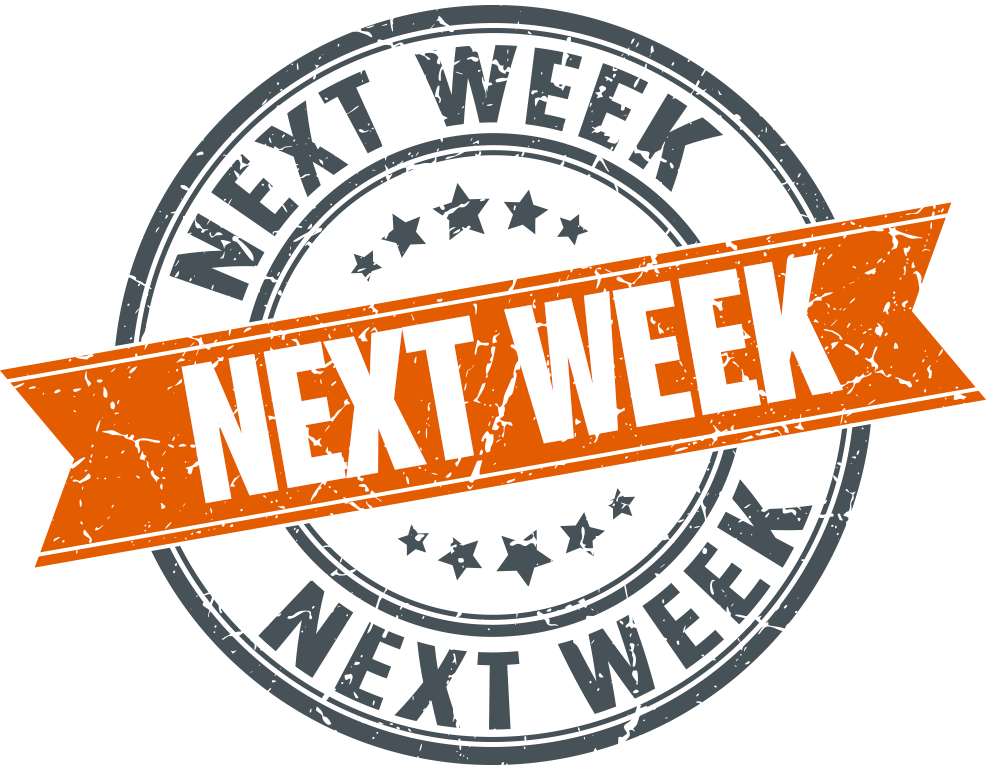
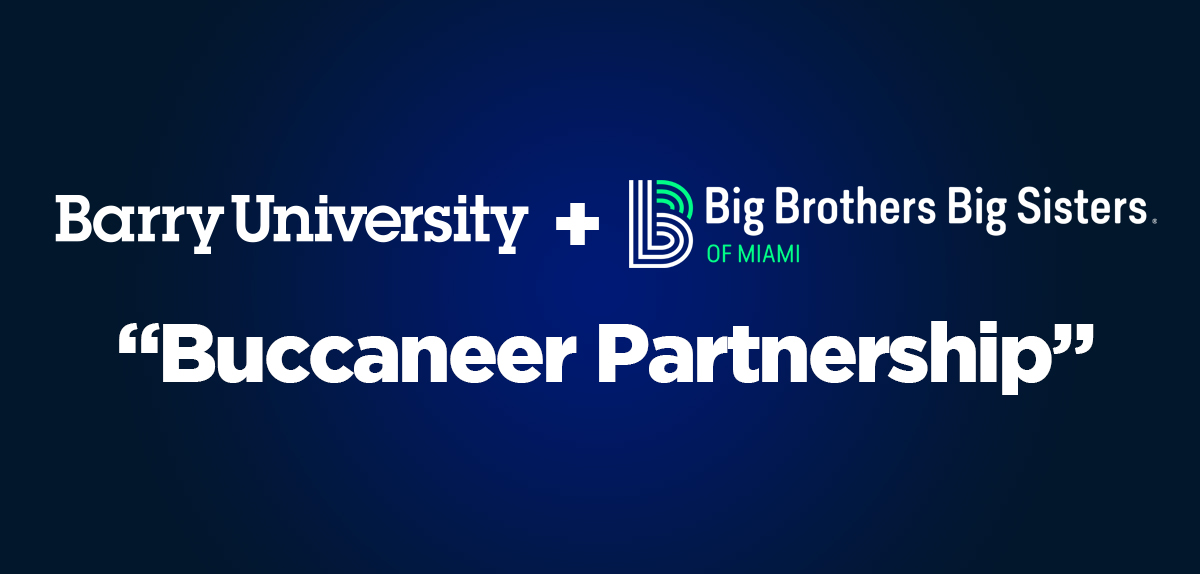
Apply to become a mentor (aka Big): https://bbbsmiami.org/volunteer/apply/
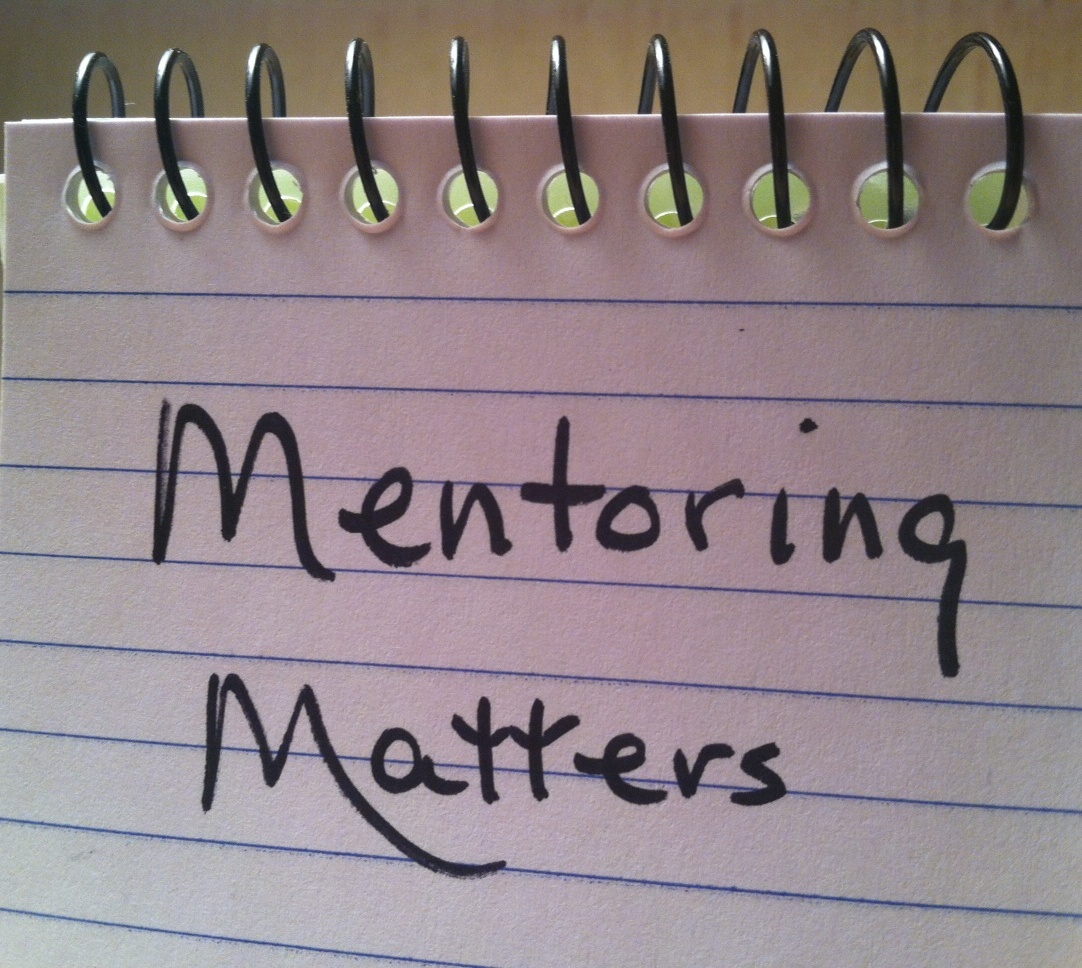

For assistance with GivePulse—the community engagement platform—contact Experiential Learning Coordinator Liz James at ljames@barry.edu.

11300 NE 2nd Avenue
Adrian 208
Miami Shores, FL 33161

